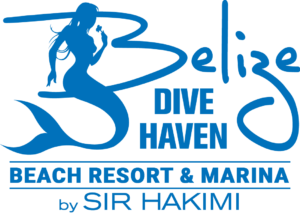Knowing how fast you consume air and improving air consumption makes diving safer and more enjoyable. If you regularly go through your air supply faster than other people in your group or have had to end a dive early—you’ll want to focus on mastering breathing techniques to improve air consumption.
Breathe Slowly and Deeply
It’s important to note that breathing slowly does not mean holding your breath. You should practice drawing in a controlled breath then exhaling in a slow and controlled manner. This will allow more air to reach your lungs and as a result, you will use less energy pushing the air back and forth.
To allow more oxygen to reach your bloodstream in an efficient manner, you’ll want to learn and practice diaphragmatic breathing (also called belly breathing or abdominal breathing). This technique uses the diaphragm to draw air into and force air out of the lungs, rather than using chest muscles as most people are accustomed to using. Diaphragmatic breathing can be a bit awkward at first, but after some practice, it should come naturally and will make a significant change in your air consumption during dives.
Once you’ve mastered breathing techniques on land, take some practice dives to try them out underwater. It’s likely that you’ll notice a drastic improvement right away, plus getting extra dives in can help calm nerves, which further helps improve air consumption.
Belize Dive Haven is a great place to work on your breathing techniques. In addition to a minimum of 17 dives during a weeklong trip, we offer training and certification for people that would like to brush up on skills and our 260-foot pool is always available for practice diving.
Learn more about our available dates and
book your trip today!
Just 30 miles from Belize City, Belize Dive Haven is located in pristine Turneffe Atoll. Consisting of creeks, lagoons, mangrove islands and cays, the atoll is home to over 500 species of fish, 65 different species of stony corals as well as birds, turtles, manatees and dolphins.
View galleries of our resort, amenities
and dive spots on Facebook, Instagram and Twitter.

